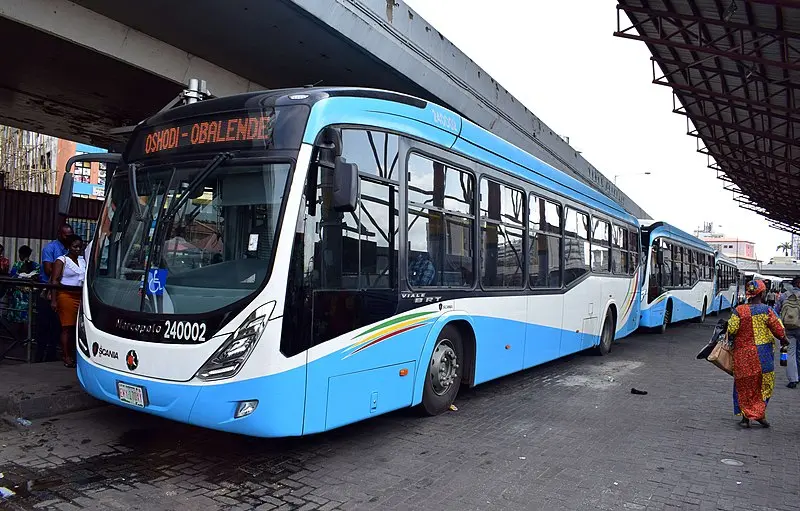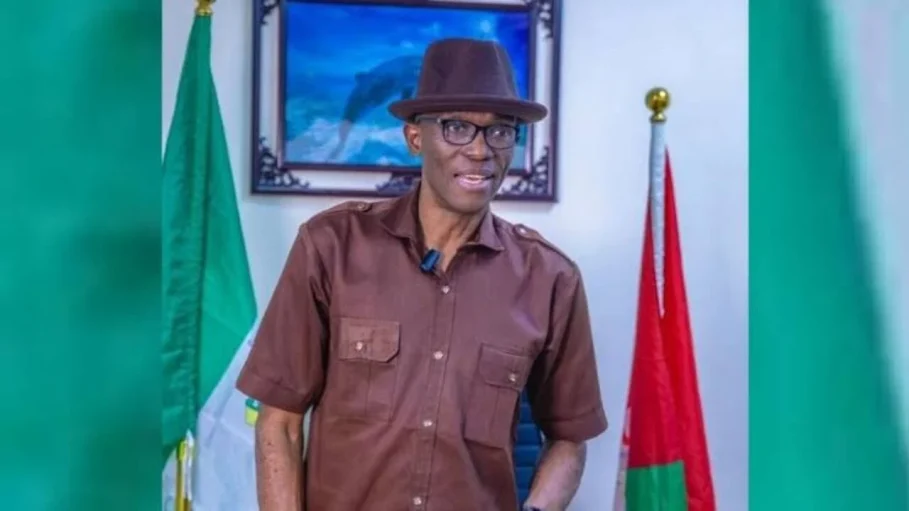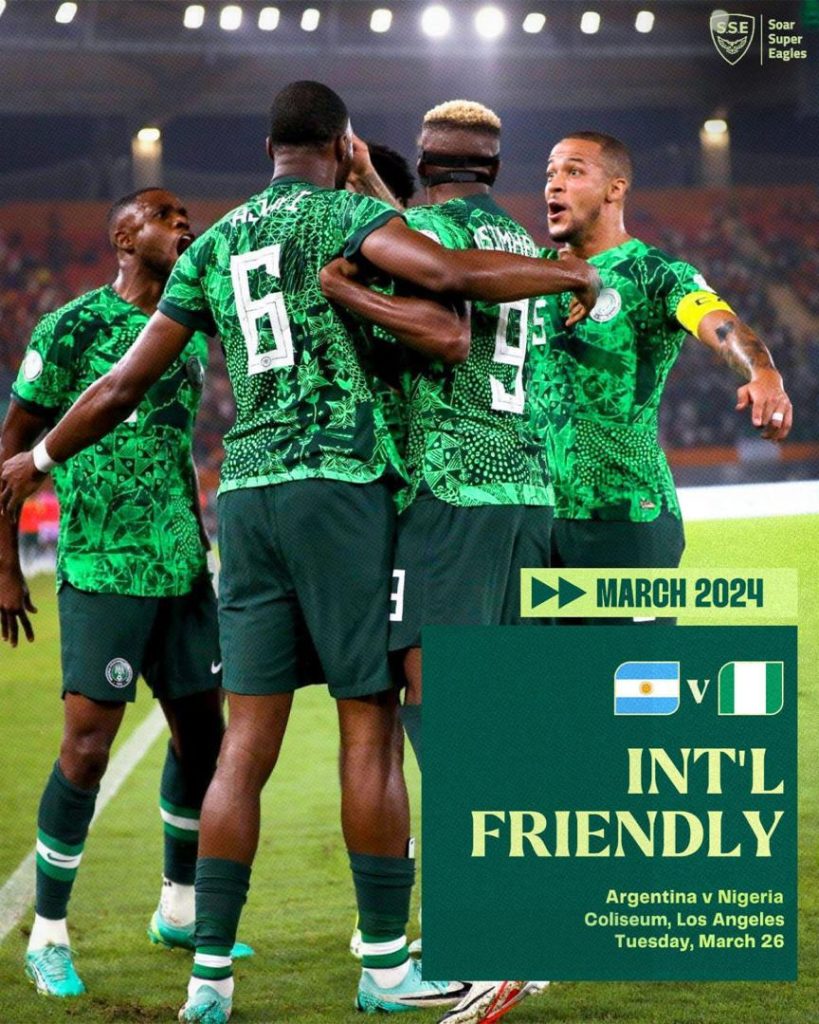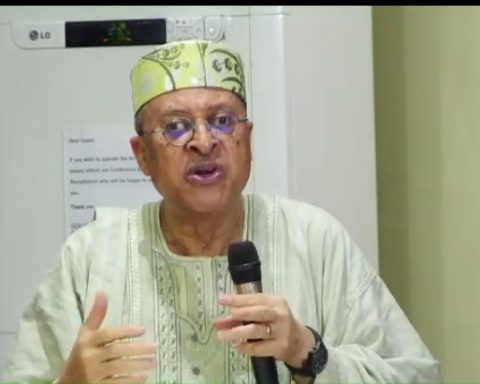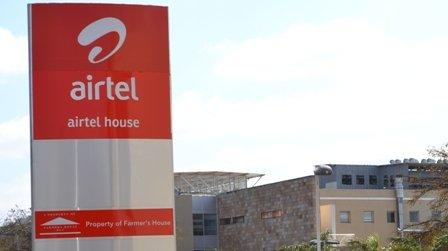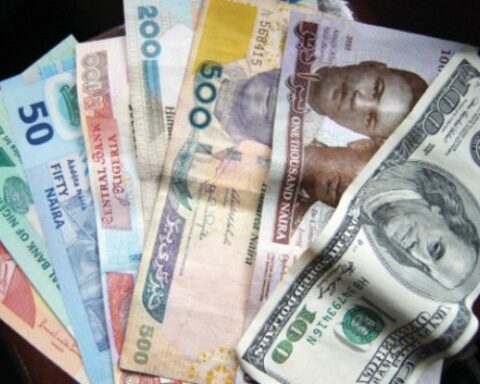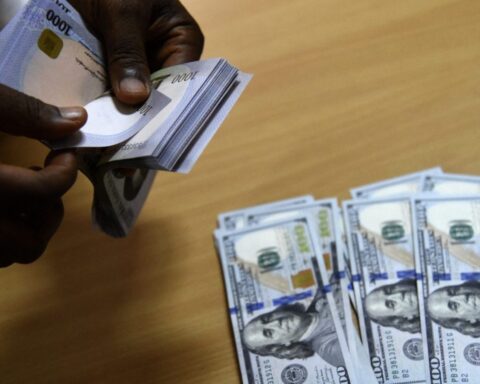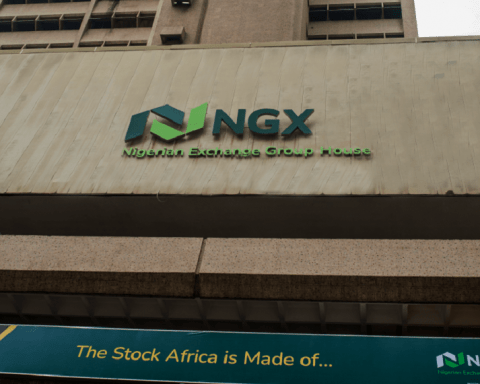As Nigerians Groan Over the effect of petrol subsidy removal due to high cost of things, and the Federal Government lament about trillions of naira spent on the scheme over the years, it’s said that huge sums of money could have been saved if it was directed to public transport.
Former Deputy Governor of the Central Bank of Nigeria (CBN), Prof. Kingsley Moghalu, said that considering Nigeria’s “poor fiscal situation,” channeling subsidy to public transport system nationwide would have saved trillions of naira and had more economic impact.
Join our WhatsApp ChannelHe said such is done in most economically developed and emerging market countries of the world, in a way that makes it have more positive impact on the citizens.
READ ALSO:
- Invest Fuel Subsidy Removal Gains On Infrastructural Devt, NECA Advises Nigerian Govt
- Nigeria’s Minister Renews Call For Electricity Subsidy Removal, Says FG Owes GenCos N1.3tn, Gas Firms $1.3bn
- Why CBN Adopted Market-based Approach In Managing Forex – Cardoso
The ex-CBN deputy governor said that in implementing subsidy, the question is what is being subsidised and what is the overall level of economic impact.
Moghalu observed that regrettably subsidies implemented in Nigeria are only meant to serve the interest of the political class, and not the ordinary people. He warned that until such is stopped, and channelled to what benefits the masses, Nigerians will not be convinced about the economics of subsidy.
He said: “Whatever the economic argument for removing subsidies on imported petrol (now apparently restored through the back door to prevent further increases in the price at the pump) and forex, one subsidy stubbornly clings on: the subsidization of Nigeria’s political class.
“The subsidization of the lifestyles of Nigerian politicians must end before Nigerians can be persuaded on the economics of subsidy.
“Again, as one has noted, there is of course a whole separate argument about how competently the subsidies removal was handled.
“Subsidizing an effective nationwide public transportation system at a fraction of the cost of the petrol subsidy would have been the smart economic choice given our poor fiscal situation. Most economically developed and emerging market countries of the world do this.
“The subsidies had to go because there was just no choice. But it’s not just about subsidies per se. It’s more about what is subsidized, & how. N500 billion a year can subsidize a public transport system nationwide. That’s different from N5 trillion a year for a fraud-ridden scam (petrol subsidy).
The federal government said it spent trillions of naira on petrol subsidy.
In 2022, not less than N4 trillion went into the scheme. The immediate past administration of President Mohammadu Buhari budgeted N3.6 trillion that covered subsidy payments for the first-half of 2023 which made President Tinubu to promptly declare that subsidy is gone upon assumption of office as there was no further budgetry provisions for it.
Moghalu’s statement aligns with that of Prof. Pat Utomi, who in an interview with Prime Business Africa, said subsidy is for production not consumption as was the case with petrol subsidy.
Citing an example of how a subsidy scheme can be deployed to stimulate production, Utomi said it could be in the form of conversion of all mass transportation system in the country to use of Compressed Natural Gas (CNG), adding that such could have more economic impact and save the people high transportation costs for a while than a blanket removal without an alternative.
Victor Ezeja is a passionate journalist with seven years of experience writing on economy, politics and energy. He holds a Master's degree in Mass Communication.


